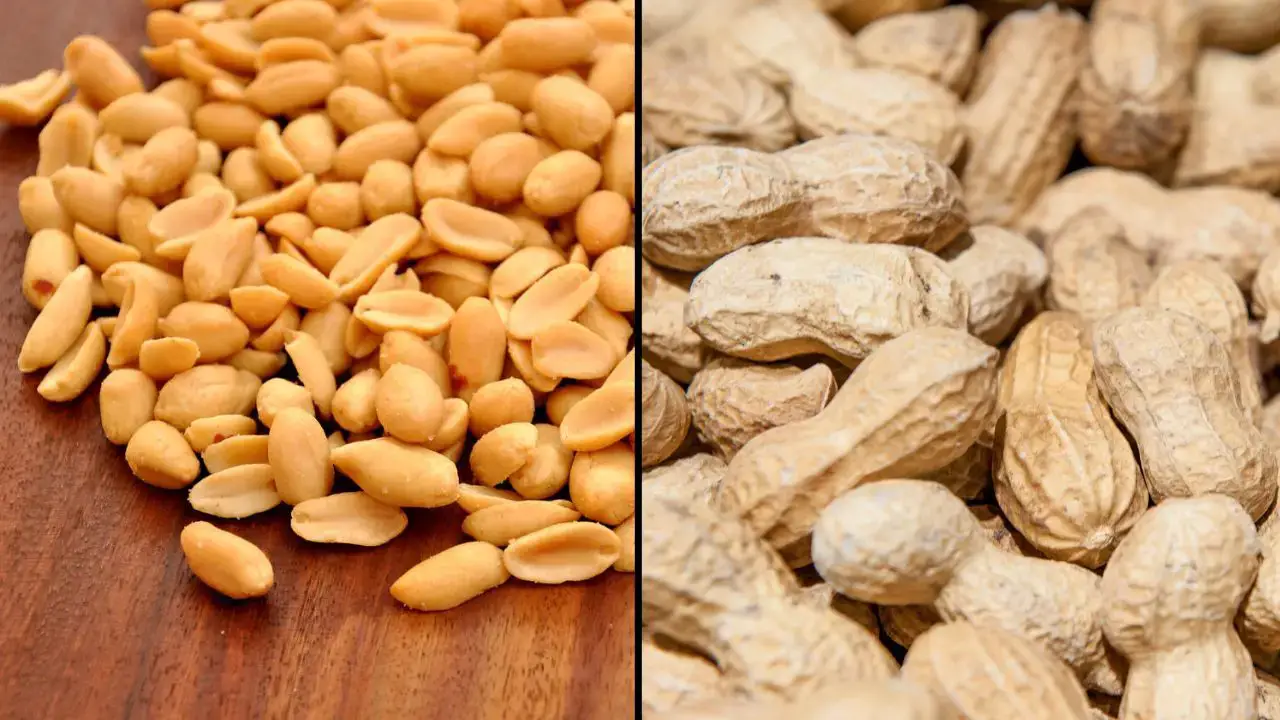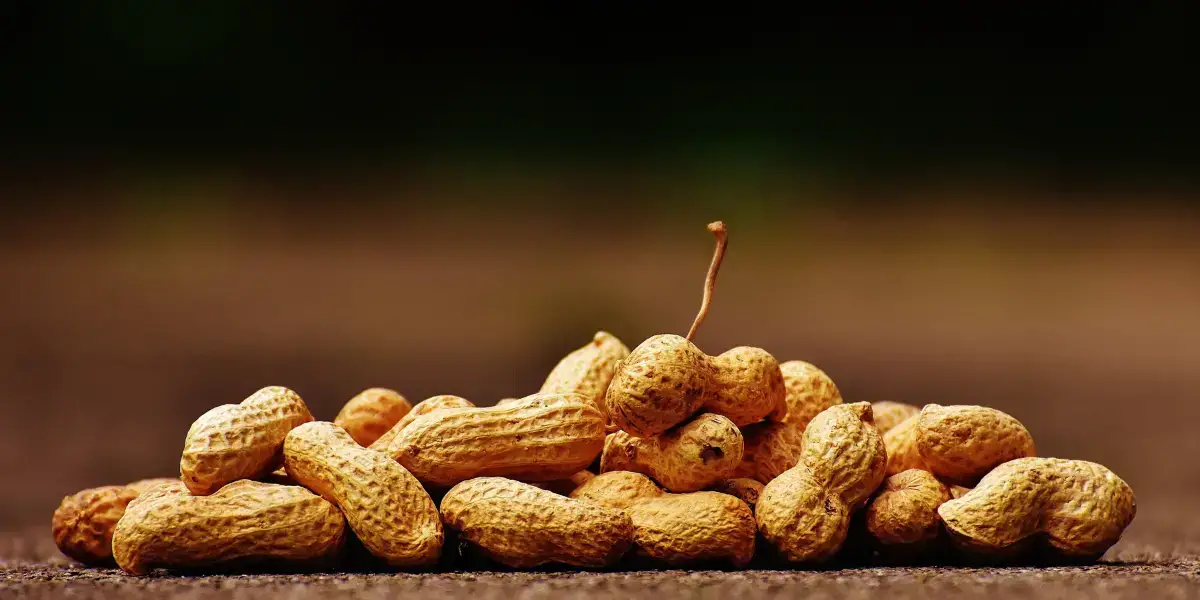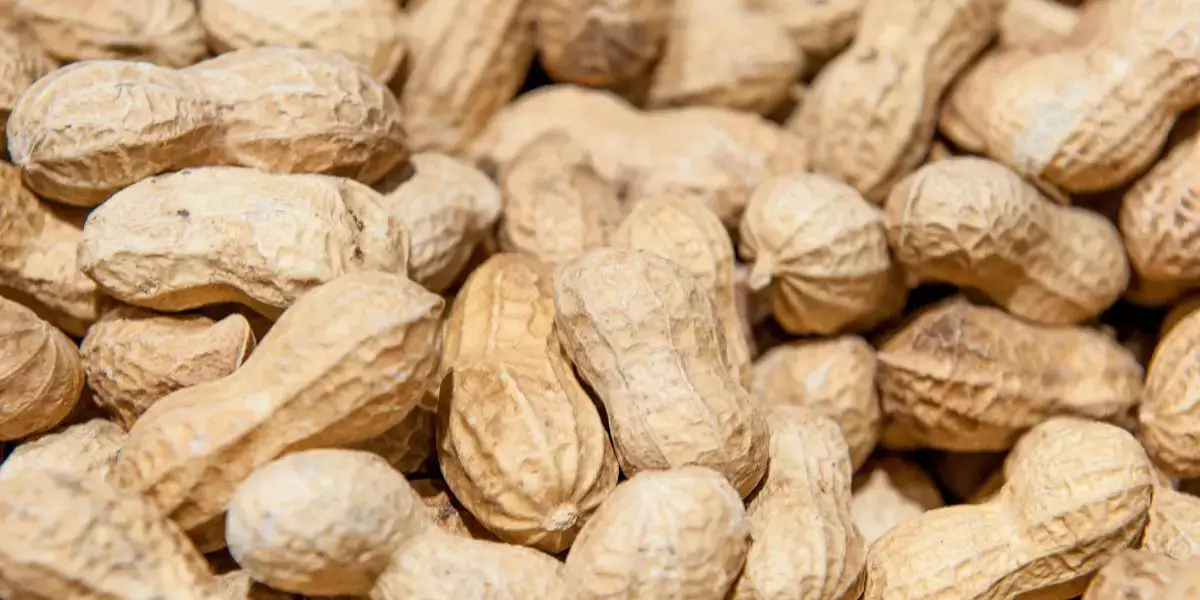
Credit: Alamy
Peanuts Aren’t Nuts And People Are Stunned After Finding Out
People have been left stunned by the news that peanuts aren’t actually nuts at all.
Whether you eat them by the handful, or use them to cook beloved dishes like satay and pad thai, for many of us, peanuts are a dietary staple.
And because of the name, most of us have always just assumed that they’re nuts – right?
Well, news that this is not the case has taken the internet by storm.
Because if peanuts aren’t nuts… what are they?
Related Article: Snickers Fans Are Just Realising The Odd Reason Behind Its Name
Related Article: People Refuse To Eat Sliced Ham After Finding Out How It’s Made
We’ve all been fooled by simple food categorisation before.
Remember finding out that tomatoes and cucumbers are actually fruits, or that watermelons and aubergines are technically berries?
But, this week, it’s peanuts that are at the centre of a food categorisation controversy.
It’s been revealed that they are actually not nuts at all!
Just like lentils, soy, and beans, peanuts are actually members of the pulse family.
And it’s not just peanuts that are wrongly categorised in this way.
Almonds, pistachios, cashews, and pecans are also culprits of the ‘not really nuts’ crime.

So, why exactly are these faux-nuts not nuts?
Well, it’s all to do with how they grow.
Like other legumes, peanuts grow inside an edible pod.
The reason they seem intrinsically different from other members of the legume family is that we don’t tend to actually eat these rather dry and fibrous peanut shells.
But, if you think about it, a whole peanut is not too dissimilar to other legumes, like a green bean or a sugar snap pea.
On a similar note, cashews are technically fruits, while pistachios, almonds, and walnuts are seeds, as per Business Insider.
Related Article: What Is Paprika Made From? Social Media Users Left Baffled After Finding Out
Related Article: The Cookie Monster’s ‘Cookies’ Aren’t Actually Cookies
The reason for the difference in categorisation is a scientific one.
Judy Jernstedt, a plant scientist at the University of California, Davis, tells Live Science: “Consumers consider what’s on the grocery shelf. If a woody shell-encased food is small, round-ish, natural, dry and crunchy, we are likely to call it a nut.”
But a botanist considers the whole plant. A true botanical nut is a dry fruit with a single seed encased in a hard, nonsplitting ovary wall.

“The hard outer shell of a true nut doesn’t open on its own — think walnuts, chestnuts, hazelnuts and acorns,” Jernstedt continues.
“If we were to make grocery store shelves more botanically accurate, there would be signs for ‘almond seeds,’ ‘Brazil seeds’ and ‘peanut legumes’.
“But changing the names now would be tough for both consumers and botanists, she said. Most consumers are pretty set on their culinary idea of a nut, and some of the technical language for botanists goes back to classical scientists, like Aristotle. I think we are stuck with it.”